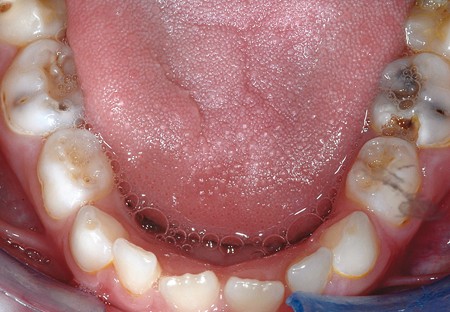How to Prevent Dental Cavities
Tooth decay or dental cavities can occur at any time in a person's life. Bacteria cause it. Bacteria create plaque, a sticky film that adheres to teeth. Once the plaque builds up, it forms cavities. These tiny holes in the tooth can lead to gum disease, infection, and even tooth loss. For more information, read on or check out orthodontist Calgary.
Many factors affect a person's risk of developing dental cavities. For instance, the amount of sugar in the foods you eat can increase your risk of getting a cavity. Also, certain medical conditions and medications can lower your saliva production. This can make it harder for you to get rid of plaque. Having poor oral hygiene habits can also increase your risk. You can protect yourself from cavities by brushing your teeth twice a day with fluoride toothpaste, flossing regularly, and seeing a dentist regularly.
When you eat sugary foods, the bacteria in your mouth will produce acids that attack the hard enamel layer of your teeth. The bacteria will then eat away at the dentin, the softer layer of your teeth. As the bacteria continue to grow, they can reach the nerves of your teeth. If the nerves are damaged, you might experience pain. That's why it's important to see a dentist as soon as possible.
When a dentist finds a small cavity, it's usually easy to treat. He will fill the hole with a substance that will keep the bacteria from entering the tooth. However, larger cavities are often more painful and may require a root canal or crown. Even if the tooth has already been treated, a root canal may be necessary to remove the infected tissue.
Dental cavities are prevalent. About 90 percent of adults and 92% of children in the United States have experienced some form of tooth decay at some point in their lives. Because of this, it's essential to know how to prevent them.
Cavities are only sometimes easily detected. They can also be a surprise. A cavity that grows large can cause tooth sensitivity and affect the nerves in the center of your teeth. If left untreated, a deep cavity can lead to an abscess, an infection that can only be treated by surgery.
Early detection is key. If you notice that your mouth is starting to hurt after eating, or if you can detect cold or hot sensitivity, you should go to your dentist right away. First, your dentist can perform an X-ray to determine whether you have a cavity. Then, your dentist can recommend treatments, such as fillings, to prevent a deeper cavity at that time.
Regular dental visits are the best way to avoid getting cavities. You should have an appointment with your dentist once or twice a year. This can help your dentist detect any problems you might not be aware of. In addition, regular dental visits can prevent tooth decay and help you maintain your smile for a lifetime.

.png)

Comments
Post a Comment